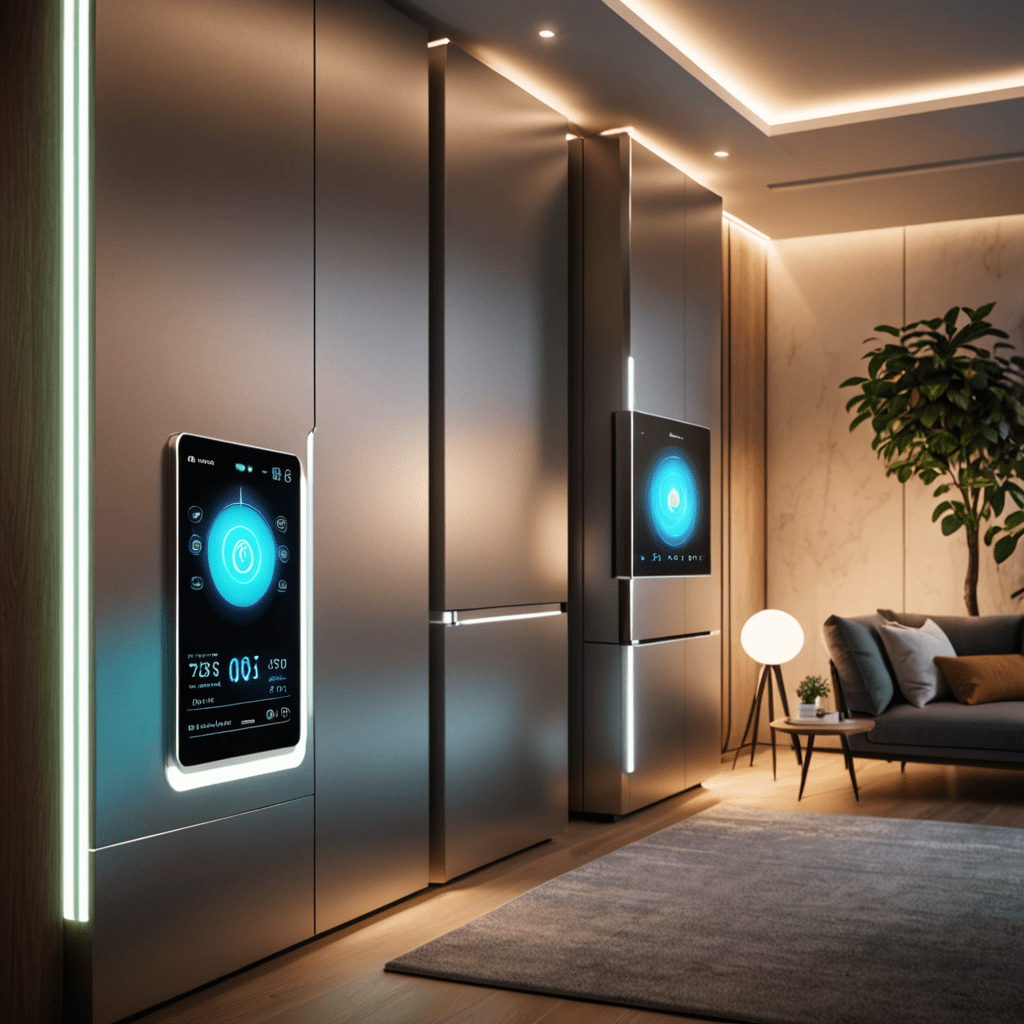
The Future of Smart Home Energy Storage
In recent years, the landscape of energy consumption and storage has been evolving rapidly with the emergence of smart home technologies. Smart home energy storage solutions are playing a pivotal role in making residences more efficient, cost-effective, and environmentally friendly.
Efficiency and Sustainability
Smart home energy storage systems allow homeowners to store excess energy generated from renewable sources like solar panels for later use. This not only reduces reliance on the grid but also promotes sustainability by maximizing the use of clean energy.
Cost-Effectiveness
By harnessing and storing energy during off-peak hours when electricity rates are lower, smart home energy storage helps homeowners save on their utility bills. It also provides a backup power source during blackouts or emergencies, further enhancing cost-effectiveness.
Integration with Smart Technologies
The future of smart home energy storage lies in seamless integration with other smart technologies within residences. This includes compatibility with virtual assistants, energy management systems, and IoT devices for optimized energy usage and control.
Advancements in Battery Technology
Ongoing advancements in battery technology are driving the future of smart home energy storage. Lithium-ion batteries, solid-state batteries, and flow batteries are becoming more efficient, compact, and affordable, enhancing the overall performance of energy storage solutions.
Grid Interaction and Demand Response
Smart home energy storage systems are increasingly being designed to interact with the grid intelligently. This enables homeowners to participate in demand response programs, selling stored energy back to the grid during peak demand periods and contributing to grid stability.
Environmental Impact
By reducing dependence on fossil fuels and traditional grid electricity, smart home energy storage solutions have a positive impact on the environment. Lower carbon emissions, improved air quality, and decreased energy waste are some of the environmental benefits associated with the widespread adoption of these technologies.
Conclusion
The future of smart home energy storage is promising, offering increased efficiency, cost-effectiveness, and sustainability for homeowners. As technology continues to advance and awareness of environmental issues grows, smart energy storage solutions are set to become an integral part of modern residences, shaping the way we power our homes and live more sustainably.
FAQs About the Future of Smart Home Energy Storage
What is smart home energy storage?
Smart home energy storage involves the use of advanced technology to store excess energy produced by renewable sources like solar panels. This stored energy can be used during peak times, reducing reliance on the grid and promoting energy efficiency.
How does smart home energy storage benefit homeowners?
Smart home energy storage systems allow homeowners to save on electricity bills by storing cheaper off-peak energy for use during high-demand periods. It also provides backup power during outages and reduces the carbon footprint by utilizing clean energy sources.
What is the role of artificial intelligence in smart home energy storage?
Artificial intelligence (AI) plays a crucial role in optimizing energy usage within smart home energy storage systems. AI algorithms analyze energy consumption patterns, weather forecasts, and electricity prices to intelligently manage energy storage, ensuring efficient and cost-effective operation.
What are some future trends in smart home energy storage?
Future developments in smart home energy storage are expected to focus on improved battery technology, increased integration with smart grids, enhanced data analytics for energy management, and the expansion of energy sharing networks among homeowners to create virtual power plants.

